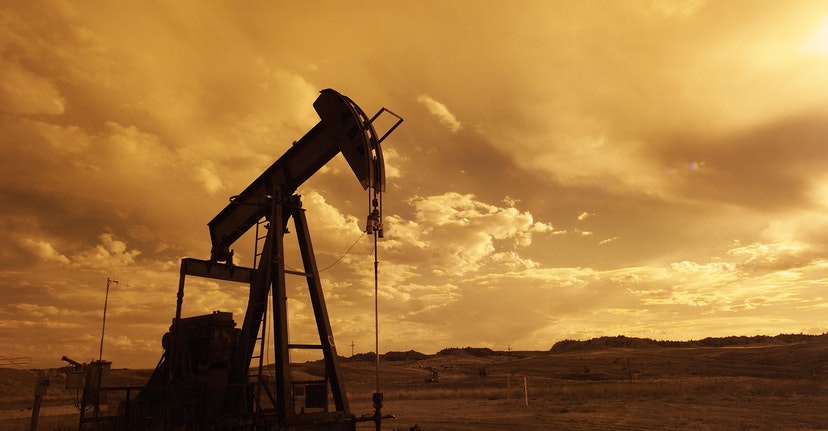Natural Gas Companies Outperform Oil Producers
Oil Prices Drop While Gas Prices Rise
US shale drillers are facing different market conditions. Companies that pump mainly oil are still struggling due to the pandemic-related downturn, while natural gas producers are beginning to see business recover.
Heading into the winter, crude prices are dropping as investors weigh concerns about a second wave of COVID-19 cases, which could cause more lockdowns and travel restrictions. On the other hand, as the weather turns colder, the price of natural gas is climbing. Natural gas is used for heat and electricity, and demand for the resource is far less sensitive to COVID-19 restrictions.
COVID-19 Lockdowns Impact Demand for Oil and Gas Differently
Last month, as some European countries implemented new lockdown measures, US benchmark oil prices dropped 11% to their lowest level since June. Since then, prices have recovered slightly, but are still far from pre-pandemic prices. In contrast, US benchmark natural gas prices surged 33% last month, reaching their highest level in almost two years. They then settled somewhat, but natural gas is still outperforming oil by a long shot.
For years, companies focused on natural gas have lagged behind oil companies. However, that has not been the case this year. The six largest public Appalachian gas companies in the country, including EQT Corp. (EQT) and Range Resources Corp. (RRC) have seen their market value rise about 18% since the beginning of 2020. On the other hand, the market capitalization of the 25 largest oil companies in the country has dropped by 53%.
Looming Debt
Though oil producers and gas producers are facing different market conditions at the moment, analysts are pointing to one challenge facing them both—looming debt. Oil and gas companies ran up debt during the fracking boom and much of that debt will mature in the near future.
As of September, about $40 billion in oil- and gas-producer debt will be due by 2022 and $126 billion will mature through 2025. For companies with strained balance sheets, uncertain market conditions combined with debt coming due could cause challenges.
Please understand that this information provided is general in nature and shouldn’t be construed as a recommendation or solicitation of any products offered by SoFi’s affiliates and subsidiaries. In addition, this information is by no means meant to provide investment or financial advice, nor is it intended to serve as the basis for any investment decision or recommendation to buy or sell any asset. Keep in mind that investing involves risk, and past performance of an asset never guarantees future results or returns. It’s important for investors to consider their specific financial needs, goals, and risk profile before making an investment decision.
The information and analysis provided through hyperlinks to third party websites, while believed to be accurate, cannot be guaranteed by SoFi. These links are provided for informational purposes and should not be viewed as an endorsement. No brands or products mentioned are affiliated with SoFi, nor do they endorse or sponsor this content.
Communication of SoFi Wealth LLC an SEC Registered Investment Advisor
SoFi isn’t recommending and is not affiliated with the brands or companies displayed. Brands displayed neither endorse or sponsor this article. Third party trademarks and service marks referenced are property of their respective owners.
SOSS110403



